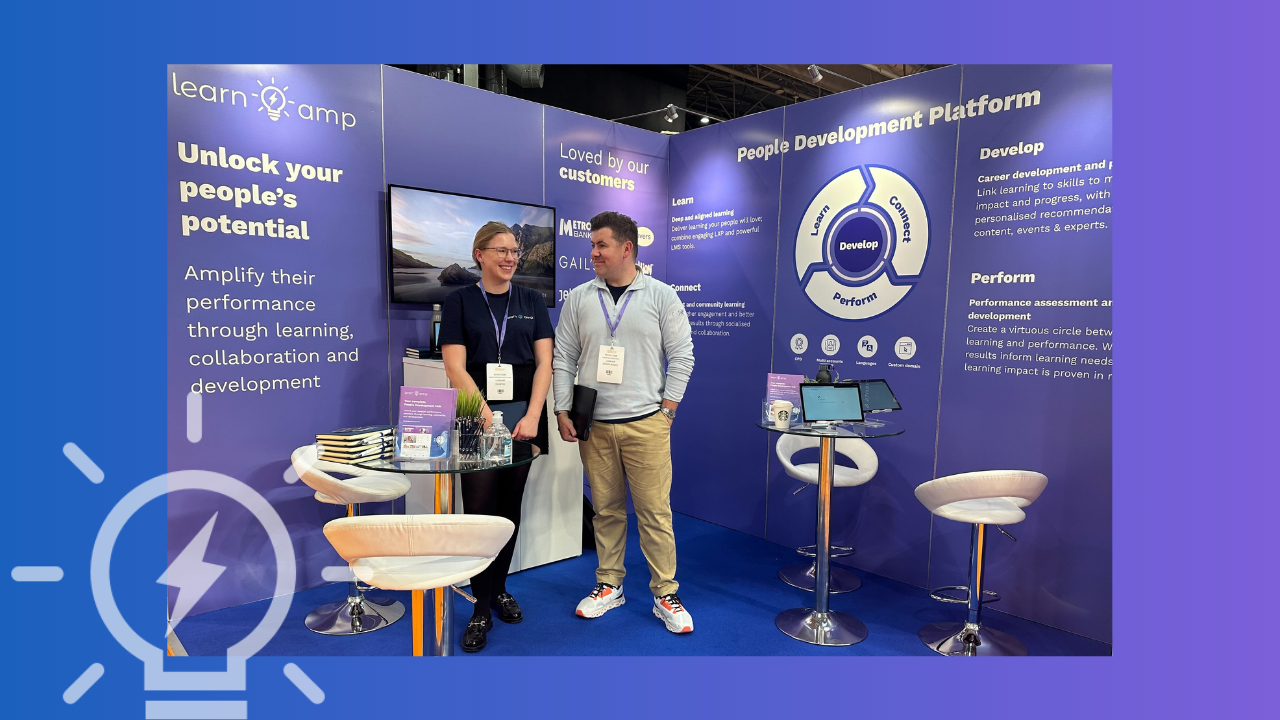Earlier this week I was in Birmingham, on stand and exhibiting at the World of Learning conference. The conference was two days of first-hand case-study presentations, panel discussions, and interactive workshops. I was also lucky enough to spend time chatting with current customers and other L&D leaders about some of their biggest challenges.
Through these discussions a common theme emerged; L&D leaders want to know how to inspire teams to engage with learning beyond the bounds of mandatory compliance training. Essentially, these leaders are working towards ‘pull learning’.
Pull learning is an approach that empowers learners to take control of their own education, fostering a sense of ownership and motivation. Unlike traditional "push learning," where information is delivered to learners in a structured manner, pull learning encourages a more decentralized approach, where individuals to seek knowledge when and how they want it, respecting the diverse learning styles, paces, and preferences of employees.
The core principles of pull learning can be broken down into several key components:
Availability: Learning materials should be easily accessible, mobile-friendly, and readily available. This allows learners to choose when and where they engage with the content.
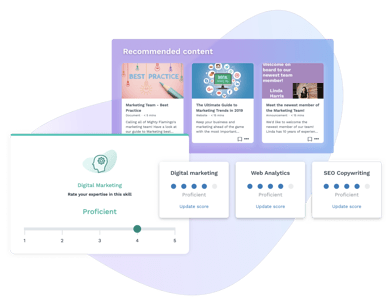
Relevance: Content should be tailored to individual needs and interests, increasing the likelihood that learners will be motivated to participate.
Interactivity: Incorporating various learning mediums, such as videos, quizzes, and forums, helps create a dynamic learning environment.
Feedback and Progress Tracking: Providing learners with feedback on their performance and the ability to monitor their progress fosters a sense of achievement and accountability.
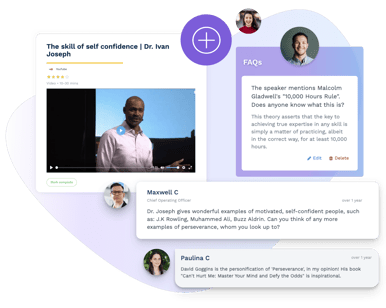
Community and Collaboration: Encouraging learners to interact with their peers, share insights, and collaborate fosters a supportive learning community.
But how can organisations increase pull learning, while juggling the requirements of compliance-based training and risk management? A couple features can help achieve this:
- Personalized Learning Paths: Utilize the capabilities of your learning tool to create personalized learning journeys for each employee. This ensures that the content aligns with their goals, job roles, and interests, making it more appealing and relevant.
- Microlearning: Break down content into bite-sized, easily digestible pieces. This approach accommodates busy schedules and encourages learners to access information when they have short pockets of time.
- Social Learning: Leverage the collaborative power of your LXP to facilitate peer-to-peer learning. Create forums, discussion boards, and chat features that allow learners to interact and share knowledge.
- Feedback Mechanisms: Implement feedback loops to provide reinforcement. For example, acknowledge completed courses with certificates. Build learning engagement into 1:1s and allow coaches or manages to provide feedback on exercises.
- Content Curation: Curate high-quality, up-to-date content that is aligned with industry trends and employee interests. Or, make use of our content creator AI that helps you generate ideas, creates titles and writes content for you to edit, then helps adapt text, phrases, and tone. Good content keeps learners coming back for more.
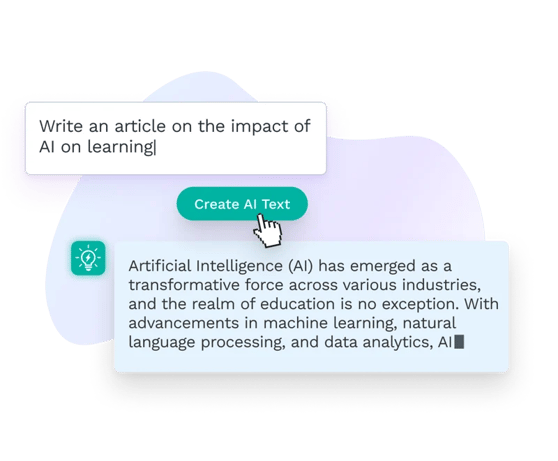
The challenges shared by L&D leaders at World of Learning underscore the pressing need for innovative solutions to boost learner engagement. Where the boundaries between work and learning continue to blur, pull learning empowers individuals to take charge of their development.
Ultimately, this shift towards pull learning not only meets the diverse needs of employees but also contributes to an organization's success. Our whitepaper highlights how a virtuous circle that connects learning, development, and performance can drive employee engagement and help achieve that 'pull' factor that many are aiming for.
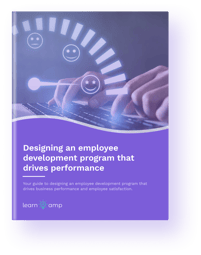
|
Book a meeting to find out more about how Learn Amp could help enhance your employee journey and supercharge your organisation.

